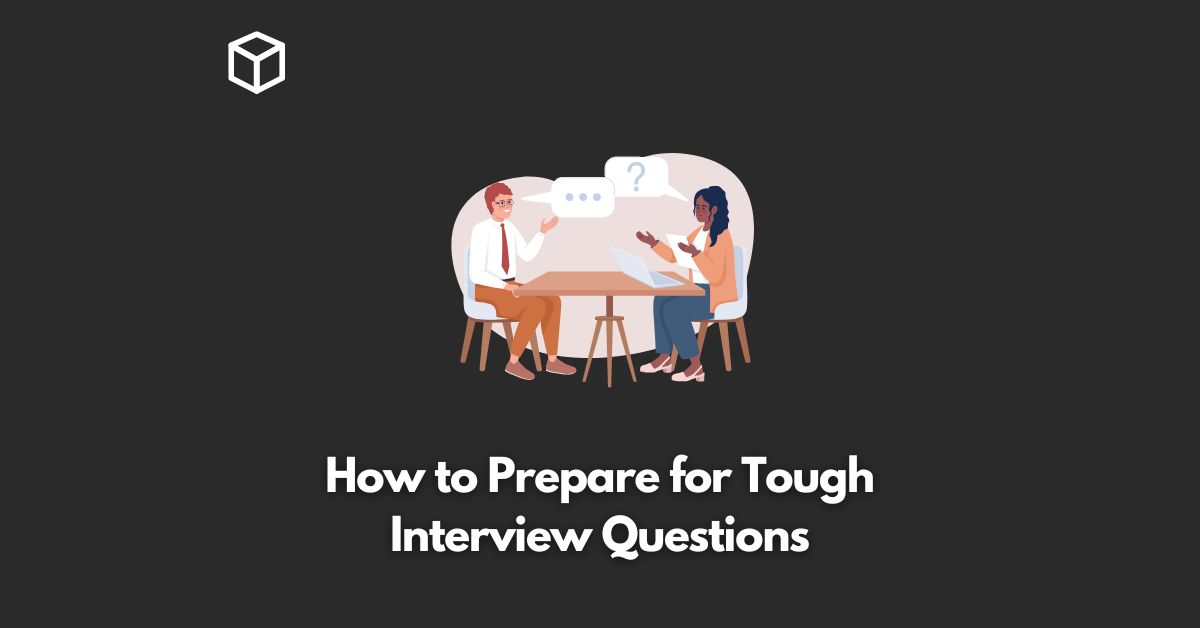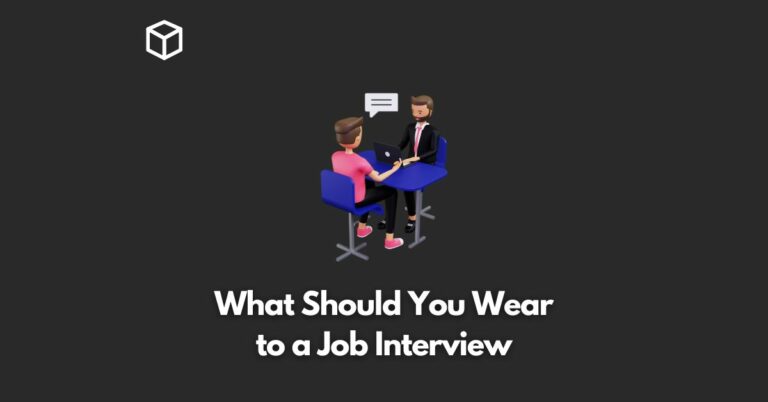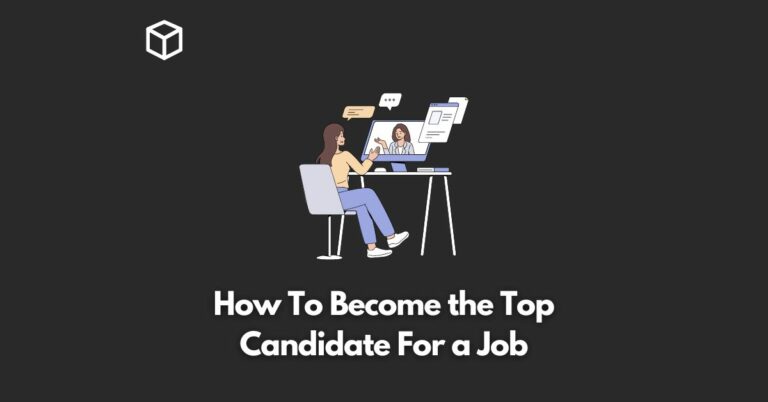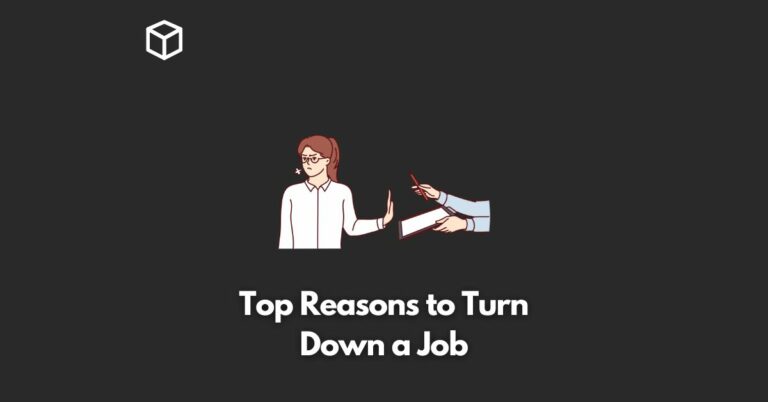Walking into a job interview can feel like entering a battlefield – armed with your resume, the right attire, and a firm handshake.
However, the real challenge lies in navigating the minefield of tough interview questions.
These can trip up even the most seasoned professional.
But with sufficient preparation, you can turn these tricky questions into your advantage, propelling you towards the next phase of your job application.
In this article we will provide you with a comprehensive answer to this quandary, so you can confidently tackle any interview question that comes your way.
The Importance of Expecting and Preparing for Tough Questions
The key to success in an interview isn’t solely about showcasing your qualifications or professional achievements.
It’s also about handling the pressure, maintaining poise, and strategically answering difficult questions.
Expecting and preparing for these can give you an edge over other candidates.
Practicing potential questions helps reduce anxiety, making your responses more fluent and convincing.
Your preparation will also demonstrate your commitment and passion for the job you’re vying for.
Conquering the 7 Most Popular Tough Interview Questions
1. Tell me about yourself?
This question can feel vague and daunting.
Remember, the interviewer is interested in your professional narrative, not personal trivia.
Begin with a crisp elevator pitch that outlines your professional identity, achievements, and what you bring to the table.
Once you’ve piqued their interest, delve into details relevant to the job you’re interviewing for.
2. What are your biggest strengths and weaknesses?
Your answer should strategically align with the job requirements.
Choose strengths that resonate with the role, providing examples to reinforce your claims.
While addressing weaknesses, maintain a positive undertone.
Discuss an area of improvement and how you’ve taken steps towards betterment. This not only shows honesty but also illustrates your ability to grow and adapt.
3. Why do you want to work for this company? or Why do you want this job?
Your response to this question should display your in-depth knowledge about the company and the role.
Tie in your career goals and values, demonstrating how they align with the company’s mission and culture.
This makes your answer more personalized and compelling.
4. What achievements are you most proud of?
While responding to this, think professionally.
Choose a significant achievement that had a measurable impact on your previous employer.
If you don’t have any work history, opt for significant volunteer work or academic achievements.
This illustrates your ability to contribute positively and significantly, regardless of the environment.
5. Describe a time when you faced a significant challenge at work and how you handled it.
This question seeks to understand your problem-solving skills and resilience.
Discuss a challenging situation, ensuring it is relevant to the role you’re applying for.
Detail your thought process, actions taken, and the positive outcome that followed. This demonstrates your ability to stay calm under pressure and find effective solutions.
6. How do you handle criticism?
Here, the interviewer is assessing your receptivity to feedback and your ability to improve.
Share an instance where you received constructive criticism, how you processed it, and the steps you took to enhance your performance.
This exhibits your emotional intelligence and commitment to personal growth.
7. Where do you see yourself in 5 years?
This question gauges your ambition, long-term planning, and whether you see a future with the company.
Speak about your career aspirations, aligning them with the growth opportunities the role or company offers.
This shows your interest in a long-term commitment, a trait valued by employers.
Conclusion
Job interviews can be daunting, with their probing questions designed to explore not just your technical skills but also your personality, values, and potential fit within the company.
However, with thorough preparation and strategic thinking, you can transform these tough interview questions into opportunities to showcase your abilities, achievements, and dedication.
By expecting and preparing for these questions, you are not merely surviving the interview process but mastering it.




